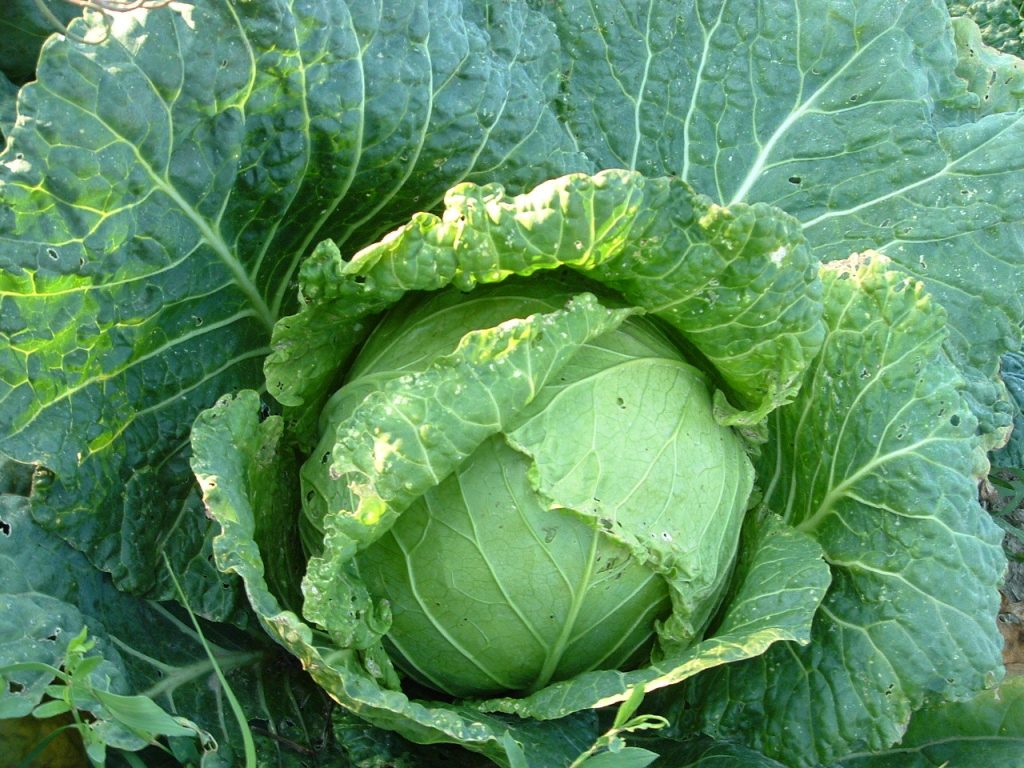Permaculture is the movement which encourages self-sustaining gardens that produce food, while at the same time, serve an aesthetic purpose. They can also be known as “edible gardens”. Permaculture gardening and farming focus on community support and development through agriculture and seek to ensure that society as a whole is self-sufficient, with a further emphasis on low maintenance, so that the existence of the garden is not a burden on the community.
The movement is gaining traction, primarily due to the numerous benefits associated with permaculture and farming. Here we break down some of the benefits of permaculture farming.
Reduced Waste
An integral concept of permaculture gardening is the notion of zero waste. Any and all waste is to be utilised productively. For example, garden waste is used as a natural fertiliser, rather than the waste being transported to a rubbish dump where it would serve no purpose.
Reduced Water Consumption
Proponents of permaculture also encourage the use of rainwater collecting barrels. This correlates with the concept of the garden being self-sustainable. The use of rainwater to water the garden makes the area immune to issues such as water restrictions in certain regions, as well as expensive water usage bills. This also incorporates the environmentally friendly notion of permaculture.
Natural Fertilisers and Removal of Pesticides
Permaculture reduces the use of fertilisers and pesticides, which contain many harmful chemicals that have been scientifically proven to cause health issues. Because of the self-sustaining nature of permaculture gardens, fertilisers are made simply from creating compost waste from the garden itself. How a permaculture garden is developed, encourages the natural ecosystem to exist, reducing the need for harmful pesticides. Consuming foods free of pesticides and fertilisers can help people see an improvement in various health issues such as respiratory ailments like asthma, as well as osteoarthritis symptoms such as pain and stiffness in joints. The lack of use of fertilisers and pesticides also helps reduce heavy metals entering the surrounding ground and therefore bypassing the water system.
The removal of fertilisers and pesticides from gardening and farming indicates that permaculture gardening is organic. While it is organic in nature, not all organic farming conforms with permaculture principles. This is because permaculture focuses on additional factors, such as:
- water catchment;
- aesthetic design; and
- encourages an overall lifestyle, and brings the concepts into the home.
Reduced Pollution
Permaculture encourages natural gardening, and therefore lack of use of pollution-causing instruments and machinery. The general nature of permaculture gardening and farming also reduces pollution by the removal of fertilisers and pesticides, the encouragement of a sustainable community, removing the need for extensive travel and equipment to sustain a community, and helping to maintain a clean ecosystem.

